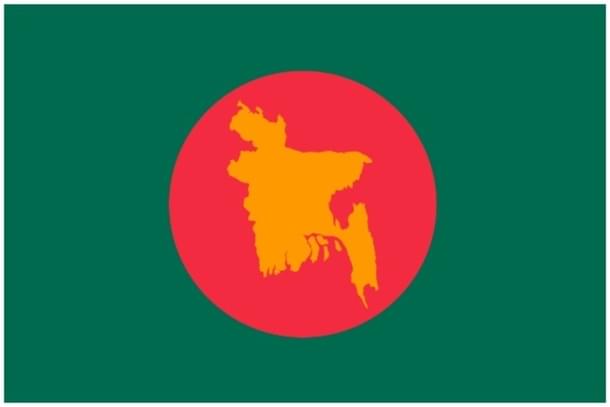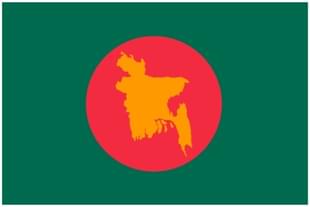World
Bangladesh Student Leaders Secretly Met ISI, US Officials In Pakistan, Qatar Last Year: Report
Swarajya Staff
Sep 03, 2024, 05:38 PM | Updated Sep 06, 2024, 05:52 PM IST
Save & read from anywhere!
Bookmark stories for easy access on any device or the Swarajya app.


Though dismissed by many as a conspiracy theory, it increasingly seems that the United States (US) may have played a role in the ouster of Prime Minister Sheikh Hasina from power in Dhaka last month, a new report based on intelligence sources suggests.
Between April and September 2023, a group of Bangladeshi students, identified as “coordinators,” travelled to Pakistan, Dubai, and Doha, meeting with intelligence officials, including some from the US, as part of a covert operation to destabilise the Sheikh Hasina government, a report by Chandan Nandy in Northeast News says.
Nandy, known for his scoops related to security-related developments, writes that "Indian intelligence agencies and security organisations traditionally focused on Bangladesh have been able to ‘work out’ the means and ways employed and deployed by the US security establishment and the State Department."
According to the report, some of the students involved in the protests visited Pakistan and met with an Inter-Services Intelligence (ISI) officer.
A retired ISI lieutenant general was given the responsibility of coordinating with Bangladeshi students.
"One of these students is Mohammad Mahfuz Alam who was appointed as a special assistant to interim government Chief Adviser Mohammad Yunus on August 28. Besides Alam, a host of Bangladeshi students who led the movement to unseat Hasina underwent madrassah education before they enrolled themselves in different colleges and universities across the country and in Dhaka particularly," it reads.
Indian security agencies "have found a critical link between the students and the Qatari government that was used by the US security officials to funnel large volumes of money to different bank accounts in Bangladesh and abroad," it adds.
The students were allegedly linked to the Hizbut Tehrir and Islami Chhatra Shibir, with significant financial support funnelled through Qatari channels.
It’s noteworthy that the same retired ISI lieutenant general from Pakistan met with another group of Bangladeshi students at a Doha hotel between April and September 2023. This coincided with US State Department efforts, led by Ambassador Peter Haas, to increase diplomatic pressure on Sheikh Hasina’s government to ensure “free, fair, and violence-free" elections.
These revelations have raised alarms about foreign meddling in Bangladesh's politics. It is perhaps for this reason that the West, which had not hidden its anti-Hasina agenda leading up to the January 2024 elections, has tried to portray the student protests that led to the Prime Minister's ouster as an organic movement.
Swarajya was unable to independently verify the report.





